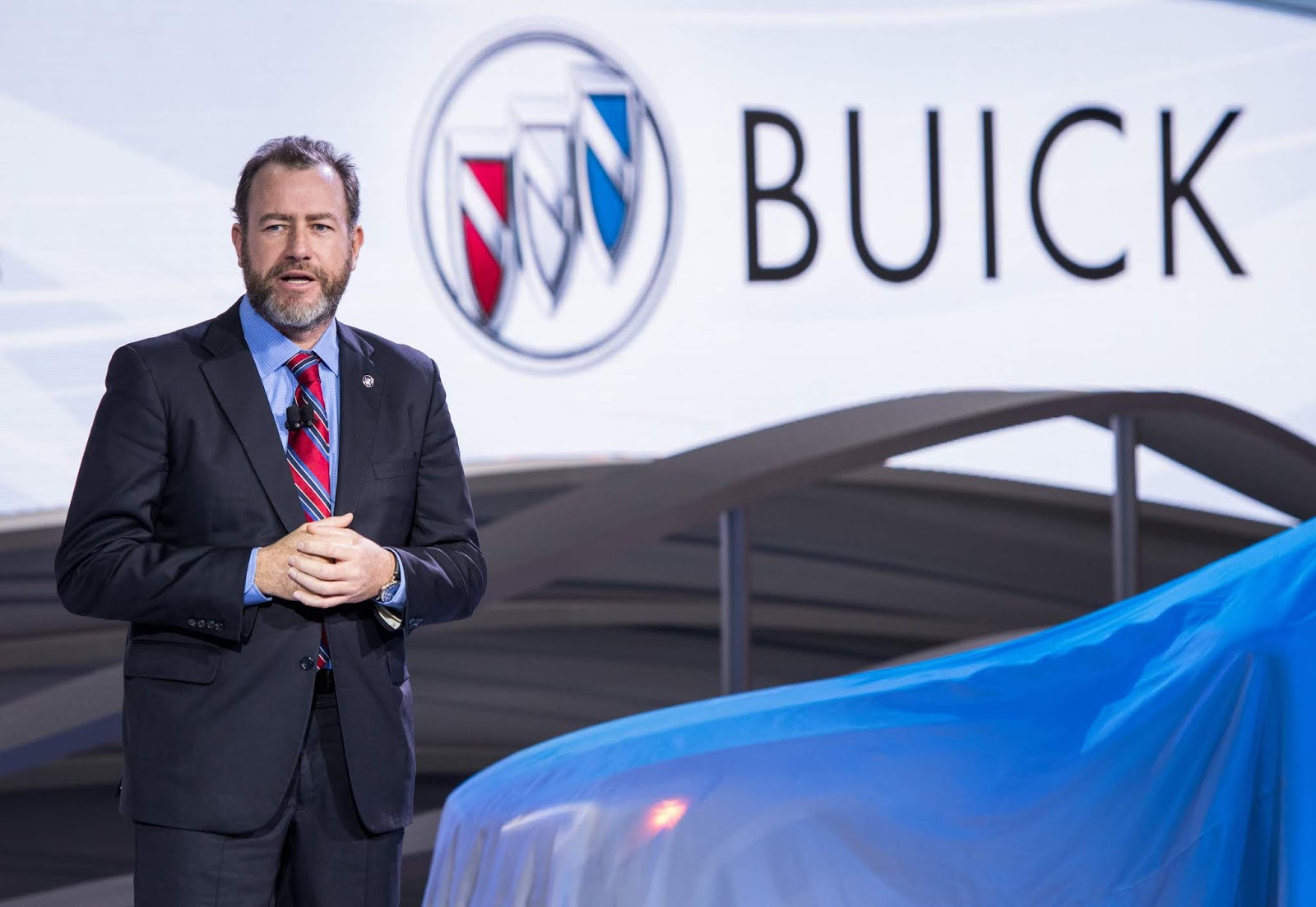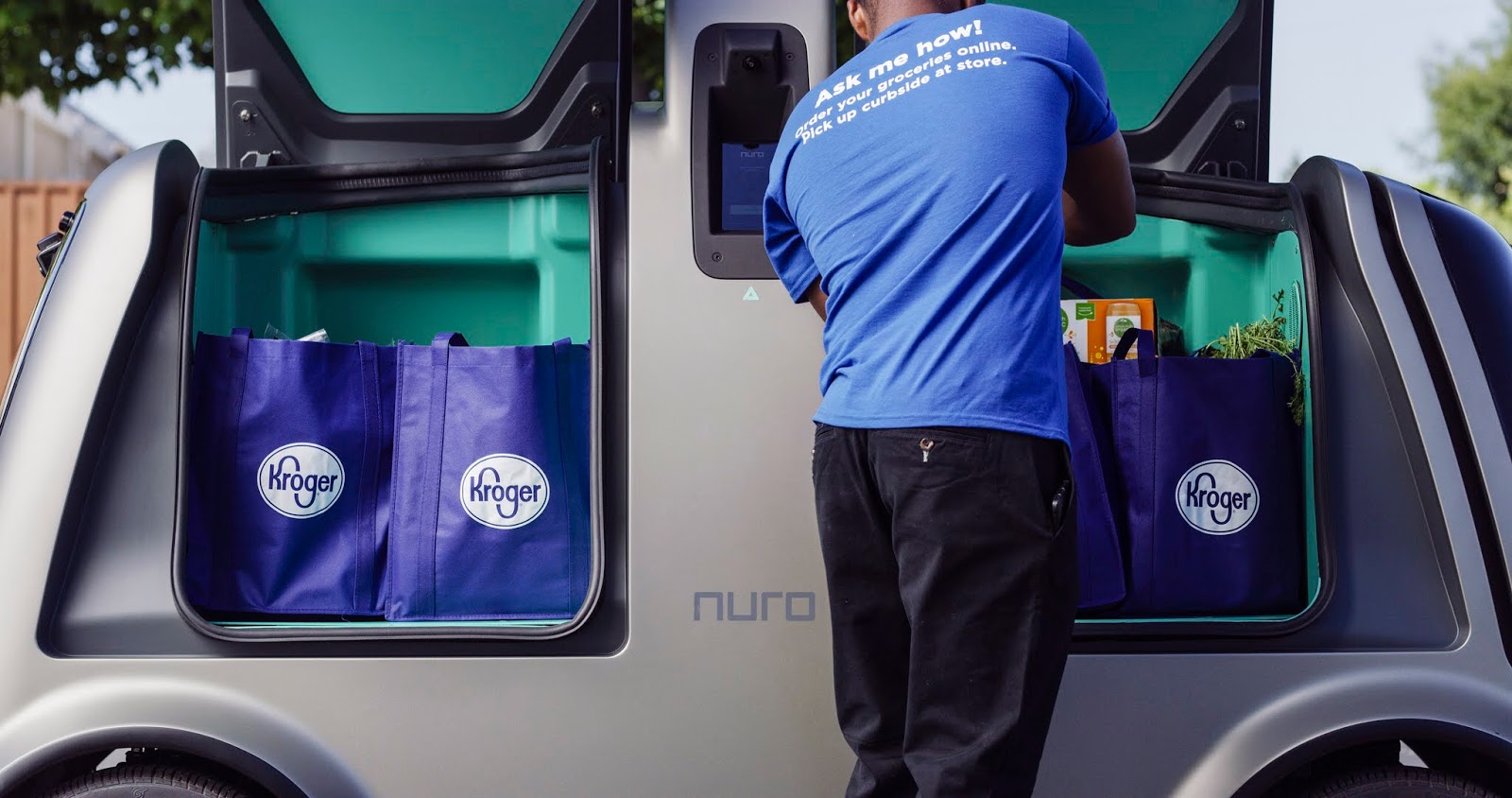- General
- March 15, 2019
- 6 minutes read
NHTSA Seeks Public View On Robo-Cars With No Steering Wheel, Brakes
United States Secretary of Transportation Elaine Chao Photograph by Fortune Most Powerful Women The U.S. National Highway Traffic Safety Administration…
 |
| United States Secretary of Transportation Elaine Chao
Photograph by Fortune Most Powerful Women
|
The U.S. National Highway Traffic Safety Administration (NHTSA) will seek public opinion on if self-driving vehicles should be allowed to move on streets without steering wheels or brake pedals, as they attempt to set the first legal limits for their design.
The organization will be seeking public view on a request by General Motors to operate a limited number of vehicles – on U.S. roads – without steering wheels and other human controls like a brake pedal and also that of Nuro – a self-driving startup that recently raised $940 million – to operate a limited number of low-speed, autonomous delivery vehicles without human drivers.
 |
| GM Cruise CEO Dan Ammann
image: General Motors
|
This comes amid some existing fears concerning the adoption of self-driving technology, and also on the heels of Uber reportedly raising $1 billion in funding for its self-driving unit. Alphabet’s Waymo is also said to be seeking outside investment. The NHTSA is seeking input on a comprehensive list of questions about issues relating to operation of vehicles without human controls. It said it’ll take in comments for at least 60 days.
GM would initially limit the amount of its proposed test fleet – without steering wheels or human brake pedals – to no more than 2500 custom Chevrolet Bolt electric vehicles, Reuters reports. It says the fleet would operate as part of a controlled on-demand ride-hailing fleet, likely to be based in San Francisco, the city where General Motors’ self-driving unit – GM Cruise – is headquartered.
 |
| A Kroger employee stocks a Nuro driverless delivery vehicle
image : Nuro
|
Last October, the NHTSA said it was going forward with plans to emend safety rules that prevents fully automated vehicles from the streets without equipment like mirrors, pedals and steering wheels, while noting it could be a long review. In December, Alphabet’s Waymo launched its first commercial driverless vehicle service, setting a pace in the industry, although fully commercial self-driving services are yet to be widespread.






